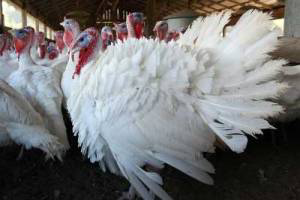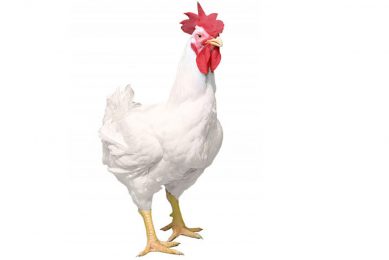Blackhead disease strains resistant against antibiotics

In a presentation at the International Poultry Scientific Forum, held in Atlanta, GA, United States, Mathew Abraham spoke about the topic. Blackhead disease is caused by Histomonas meleagridis, a flagellated protozoan parasite. It leads to necrotic foci in the liver and ulcers in the ceca.
Abraham and his colleagues from the University of Georgia, Athens, GA, zoomed in on the mode of action of nitarsone, currently the only approved anti-histomonal drug available in the USA.
In vitro studies can help to unveal which strains of Blackhead Disease can be treated by antibiotics in turkeys. Antibiotics have proven not to be effective against all strains.
A recent histomoniasis outbreak in nitarsone-fed turkeys suggested that the product was not as effective as previously demonstrated. In the study Abraham spoke about, the sensitivity of nitarsone in both in vitro and in vivo conditions was tested. For the in vitro study, three different strains collected from outbreaks in North Carolina (strain MNC), Michigan (strain ZM) and Georgia (strain BG) were used to be treated with nitarsone.
Where strain ZM and strain BG at both 100 and 400 mcg/ml showed a diminished growth in comparison with their respective control groups, strain MNC treated with nitarsone at 100 mcg/ml did not show any effect and their growth pattern was almost similar to that of control group.
The researchers conclude that development of nitarsone resistance by certain strains is strengthening the necessity of alternative chemotherapeutics or immunoprophylaxis against the blackhead disease.
The International Poultry Scientific Forum is held in conjunction with the IPPE 2013 in Atlanta, GA.
Related websites:
North Carolina State University
International Production & Processing Expo













